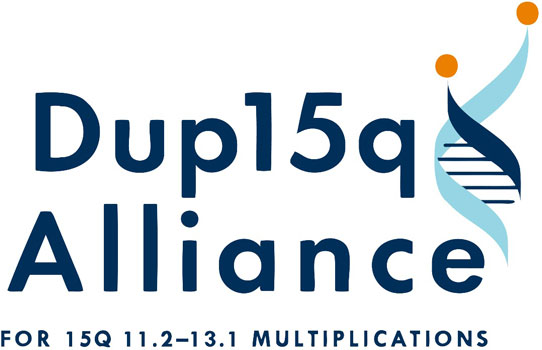Developmental Delay
Developmental delay in early childhood is nearly universal, ranging from mild to profound; however, it is usually in the moderate to severe range. It is recommended to monitor developmental progress & educational needs as the individual ages.
Suggested Evaluations
Physicians may order the following evaluations to help better diagnose and treat the individual.
Developmental assessment to include:
- Motor
- Adaptive
- Cognitive
- Speech and Language
Evaluation for early intervention and special education is also recommended.
Treatment Considerations:
The following information represents typical management recommendations for individuals with developmental delay / intellectual disability in the United States; standard recommendations may vary by country.
Ages 0-3 years. Referral to an early intervention program is recommended for access to occupational, physical, speech, and feeding therapy as well as infant mental health services, special educators, and sensory impairment specialists. In the US, early intervention is a federally funded program available in all states that provides in-home services to target individual therapy needs.
Ages 3-5 years. In the US, developmental preschool through the local public school district is recommended. Before placement, an evaluation is made to determine needed services and therapies and an individualized education plan (IEP) is developed for those who qualify based on established motor, language, social, or cognitive delay. The early intervention program typically assists with this transition. Developmental preschool is center based; for children too medically unstable to attend, home-based services are provided.
All ages. Consultation with a developmental pediatrician is recommended to ensure the involvement of appropriate community, state, and educational agencies (US) and to support parents in maximizing quality of life. Some issues to consider:
-
Individualized education plan (IEP) services:
-
An IEP provides specially designed instruction and related services to children who qualify.
-
IEP services will be reviewed annually to determine whether any changes are needed.
-
Special education law requires that children participating in an IEP be in the least restrictive environment feasible at school and included in general education as much as possible, when and where appropriate.
-
Vision and hearing consultants should be a part of the child’s IEP team to support access to academic material.
-
PT, OT, and speech services will be provided in the IEP to the extent that the need affects the child’s access to academic material. Beyond that, private supportive therapies based on the affected individual’s needs may be considered. Specific recommendations regarding type of therapy can be made by a developmental pediatrician.
-
As a child enters the teen years, a transition plan should be discussed and incorporated in the IEP. For those receiving IEP services, the public school district is required to provide services until age 21.
-
-
A 504 plan (Section 504: a US federal statute that prohibits discrimination based on disability) can be considered for those who require accommodations or modifications such as front-of-class seating, assistive technology devices, classroom scribes, extra time between classes, modified assignments, and enlarged text.
-
Developmental Disabilities Administration (DDA) enrollment is recommended. DDA is a US public agency that provides services and support to qualified individuals. Eligibility differs by state but is typically determined by diagnosis and/or associated cognitive/adaptive disabilities.
-
Families with limited income and resources may also qualify for supplemental security income (SSI) for their child with a disability.

